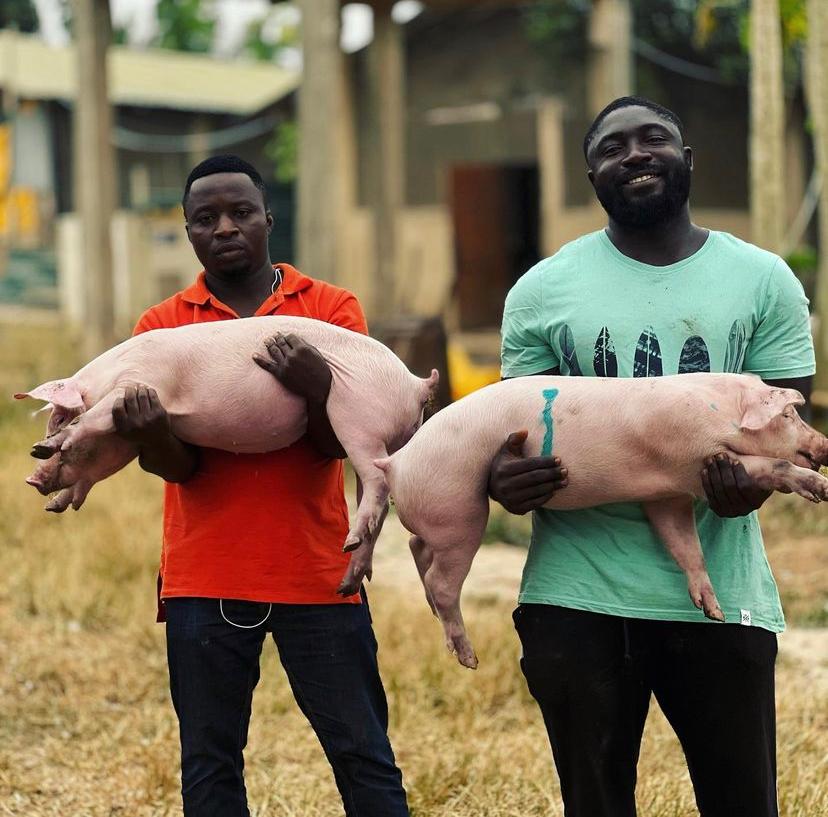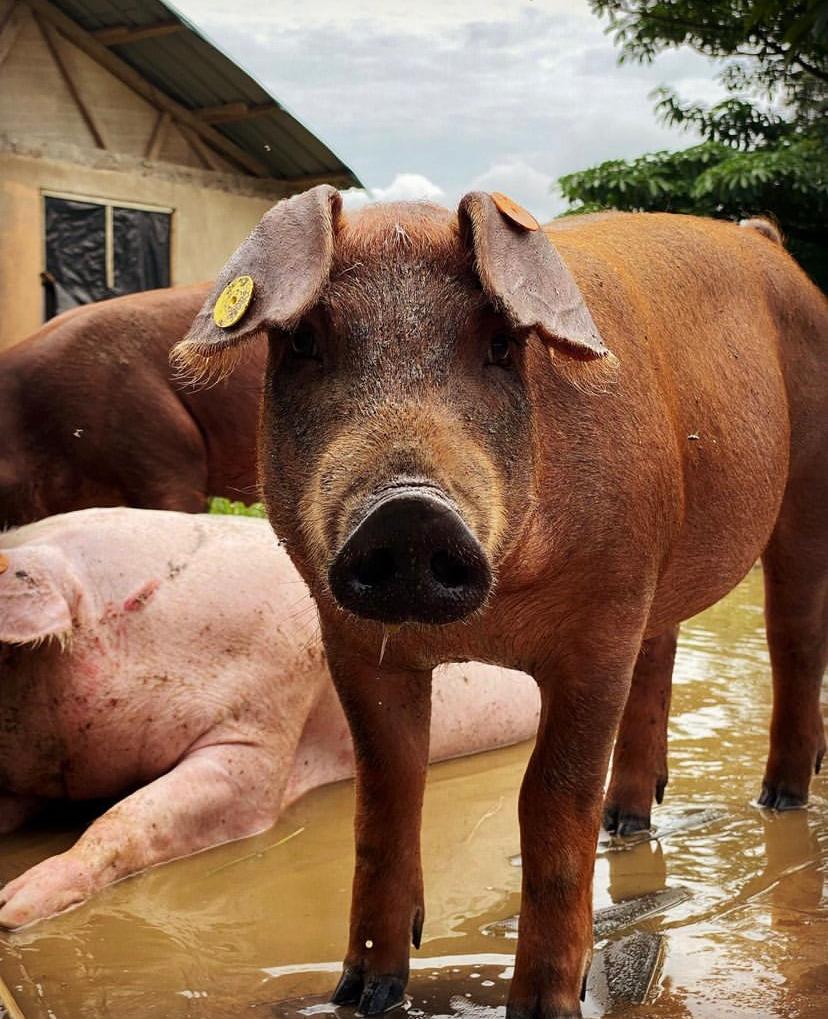



Piglet Sales
We sell piglets to farmers who are looking to raise them for meat production or to individuals interested in raising pigs as pets.

Breeding
We offer high-quality breeding stock to people who wish to improve the genetics and productivity of their herds.

Consultation & Training
We offer consulting and training services to aspiring pig farmers, providing guidance on best practices, management, and problem-solving.
Why Choose Us
SamGyi Afrika Farms is committed to providing farmers with genetically superior pigs, enabling them to optimize their profits while delivering high-quality meat to their esteemed customers. Each farm implements its own breeding program, utilizing specific maternal and paternal pure or mixed breeds.
Experience & Expertise
With years of experience in pig farming, we possess the expertise needed to ensure the success of your piggery.
Quality Assurance
We prioritize quality in everything we do. From carefully selecting superior pig breeds to implementing stringent health and hygiene protocols.
Animal Welfare
At our piggery, the well-being of our pigs is our top priority. We follow ethical practices to make the lives of our pigs better.
F.A.Q.
Most frequent questions and answers
Pigs are omnivorous animals and have a diverse diet. They eat grains, such as corn, wheat, and barley, as well as protein sources like soybean meal. Additionally, they consume vegetables, fruits, and sometimes kitchen waste. Proper nutrition is crucial for their growth and health.
Pigs are usually bred through controlled mating. Once born, piglets are raised in specific pens or farrowing houses until they are old enough to be moved to grower or finisher pens.
Maintaining pig health and welfare is essential for a successful piggery operation. This involves regular health checks, vaccination programs, proper nutrition, providing clean and adequate living conditions, and preventing the spread of diseases.
Common pig diseases include swine fever, respiratory infections, and gastrointestinal disorders. They are managed through vaccinations, quarantine protocols, proper hygiene, and timely treatment by qualified veterinarians.



